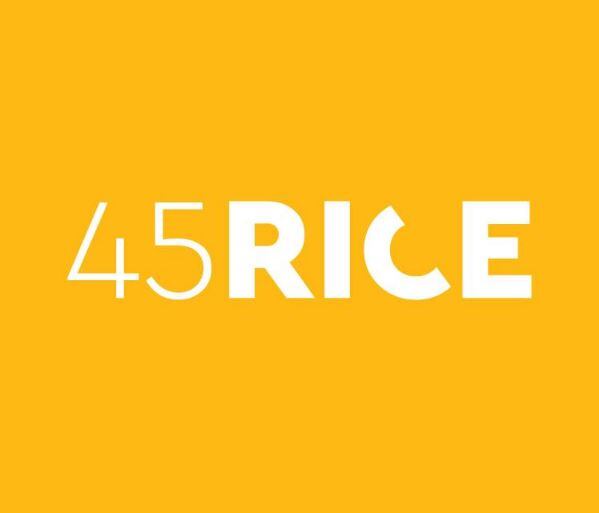BoP founder Jack Sim told the packed and lively William Reed congress in Singapore how 300,000+ of the city’s low-income workers are benefitting from a rice fortification project between his firm and Dutch ingredients giant DSM.
The ‘45Rice’ programme, launched last year, delivers vitamin and mineral-fortified rice at S$1.17 (€0.75) per serving. Early feedback showed an improvement in worker health and reduced number of sick days.

45Rice aims to expand to other cities like Dubai in the near future.
Healthy Living Master Plan
Zee Yoong Kang, CEO of the Singapore Health Promotion Board, talked of nutrition-boosting success under its Healthy Living Master Plan.
Backed by a large annual public purse (S$13m / €8.36m) handed to him by a government very keen to improve the nutrition and health of Singapore’s 5.5 million citizens, Kang outlined a series of initiatives that included direct marketing, lucky draws, promotions and intensive co-marketing with food brands and retailers.
“We are trying to change the ecosystem of food in Singapore,” he said. “People do not respond to education they respond to environmental situations.”
“We will never be able to tackle the tsunami of chronic diseases unless we are able to do something about nutrition.”
'We need to engage more'
Marina Badlishah, senior public affairs manager at Nestlé said industry had to take initiative to engage partners or have its hand forced by regulators.
“Sooner or later we will be forced into a scenario where everything will be regulated – and for the food industry this will stifle innovation.”
She added: “Sometimes industry is not ambitious enough. It is not just about promises that don’t show a difference. We need to engage more with authorities to ensure that we provide solutions and bring about greater transparency to the whole industry.”
Affordable, nutrient-dense food
Dr Regina Moench-Pfanner, formerly of the Global Alliance for Improved Nutrition (GAIN) and founder and CEO of better nutrition advocacy, ibn360, said unhealthy packaged food may be part of the malnutrition and chronic disease problem, but it also could be part of the solution if the right partners can arrive at the right kind of initiatives.
“We need nutrient-dense quality food and we need it in a form that the poor can afford,” Dr Moench-Pfanner said, noting the role industry had to play in public-private partnerships (PPPs).
“Food fortification has been used to reduce micronutrient deficiencies very successfully. We do have the technology here in Asia – where malnutrition is such a problem – to fortify rice – it’s great.”
In answering a question about the potential of genetically modified rice, Dr Moench-Pfanner said: “I am not for and against. I just want more nutritious food. In Asia where there is high rice consumption, it is important to improve rice.”
She spoke of the circle of committed parties needed to successfully improve nutrition to large numbers of people: governments, industry, consumers and academia.
‘Conscious capitalism
Anirban Mukhopadhyay, a food and obesity psychology researcher from the Hong Kong University of Science and Technology, said ‘conscious capitalism’ – where governments regulated for healthy eating and food production – was required.
“You need rules and you need to enforce them,” he said.
Dr Mukhopadhyay noted it was human nature to “overestimate the number of calories we burn and underestimate the number of calories we consume.”
